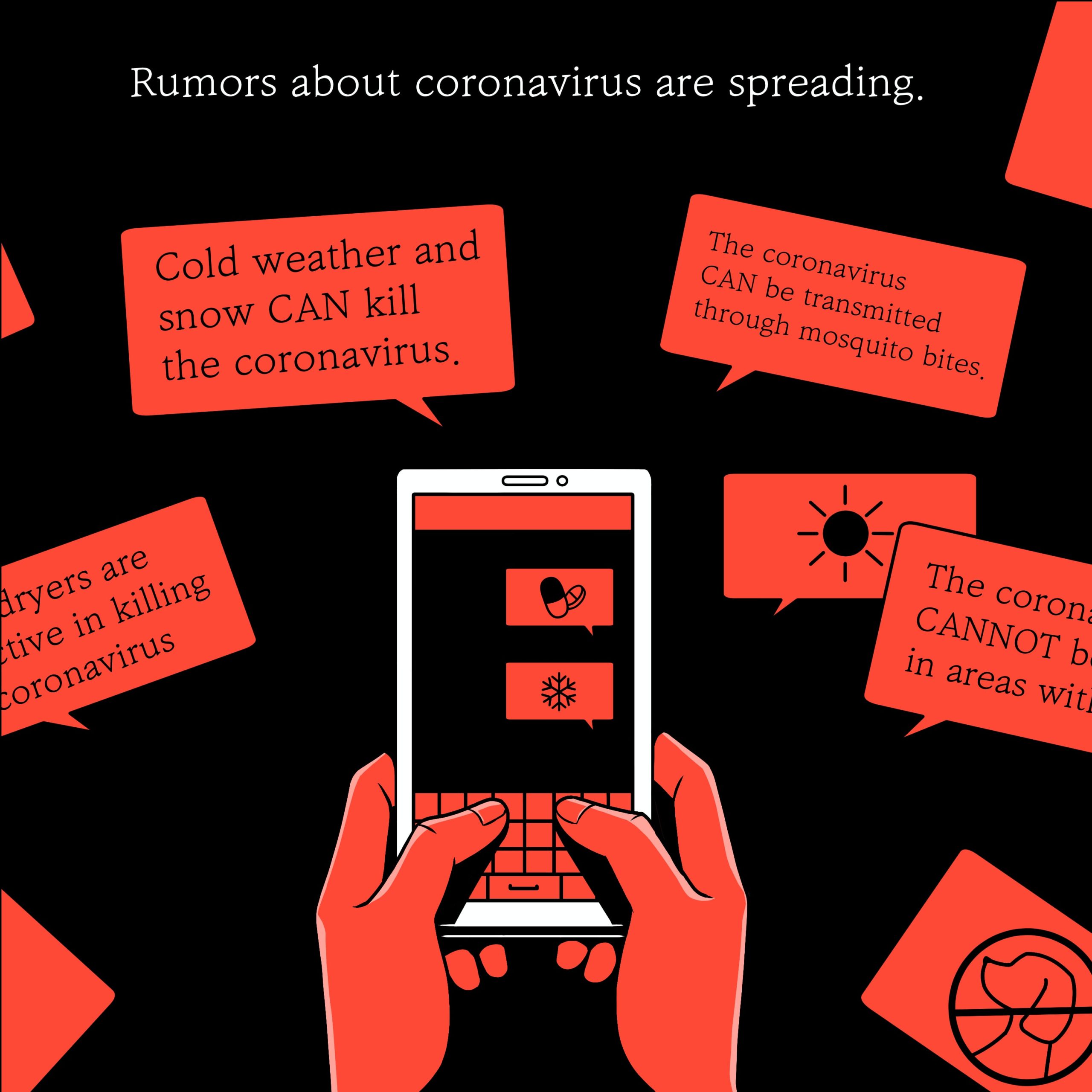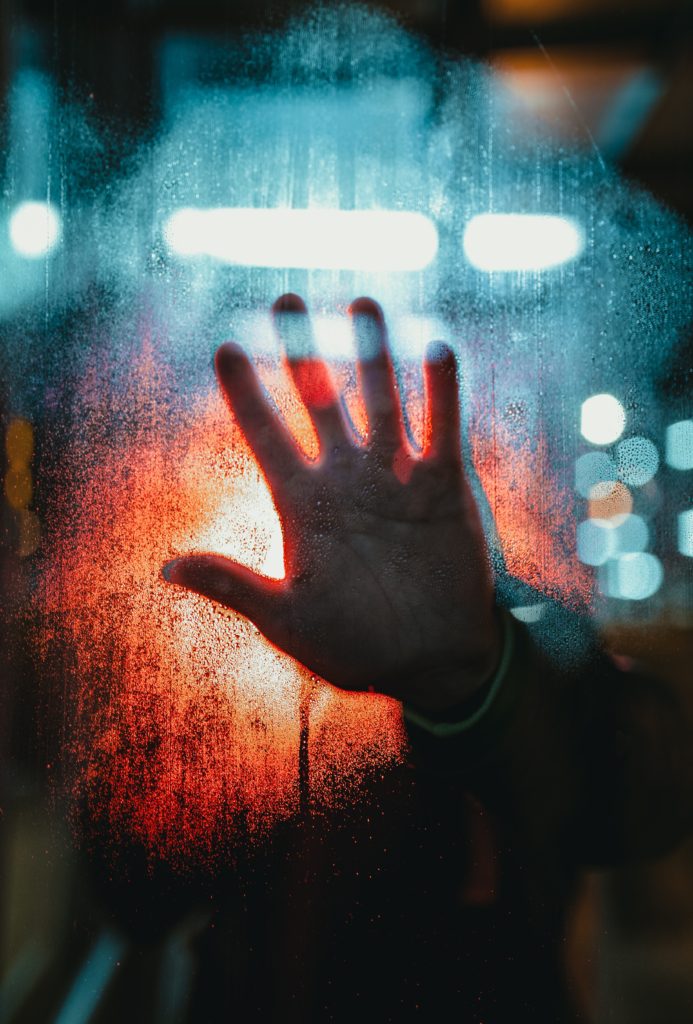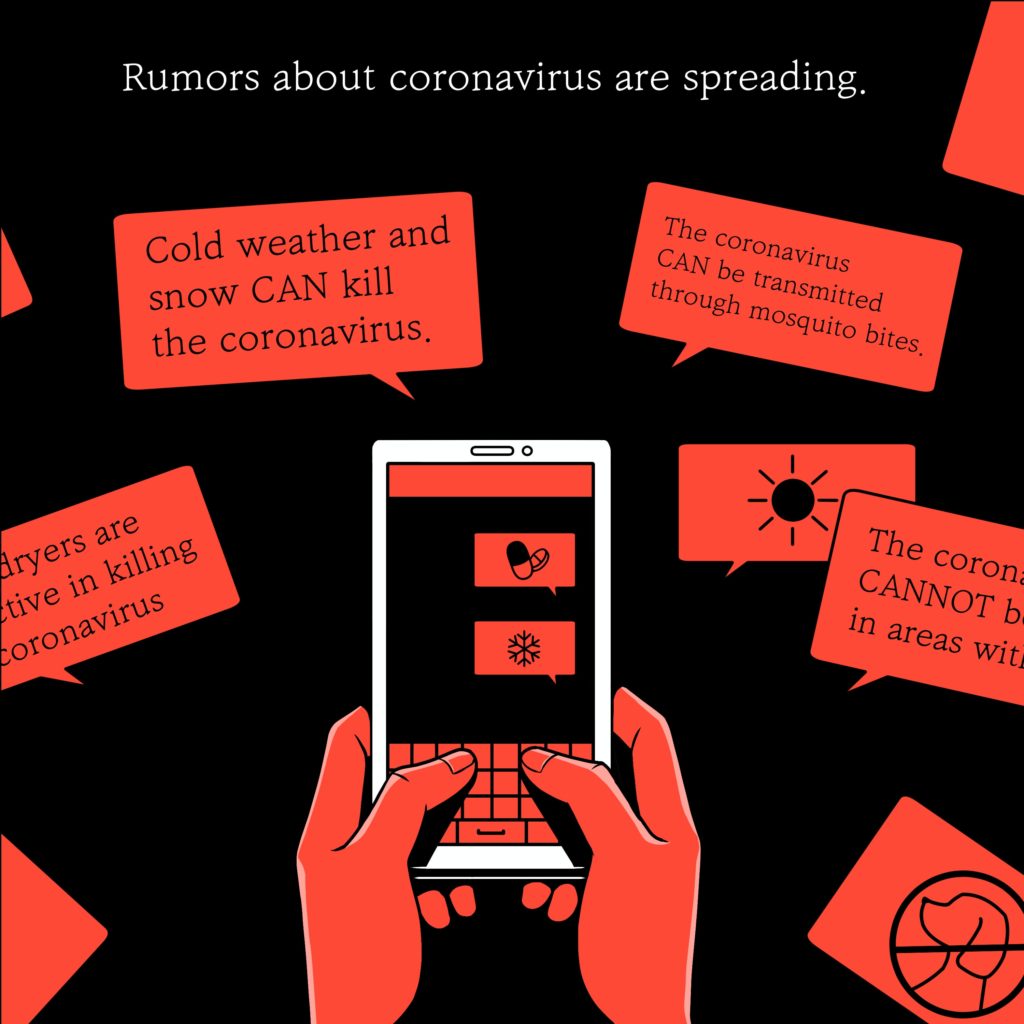
The current outbreak of COVID-19 has caused much fear and uncertainty worldwide. When people are nervous and frightened, they might, of course, be more willing to believe things that make them feel better. This stress helps spread rumors, and there’s plenty of false or unverified coronavirus rumors. These rumors range from fake treatments and tests to beliefs that the virus can be spread by people from different racial groupings. Such inaccurate news is a big problem, and by educating yourself and informing others, you can do your part to prevent them from spreading.
Identifying the Rumors
1. Remember that COVID-19 is currently without cures.
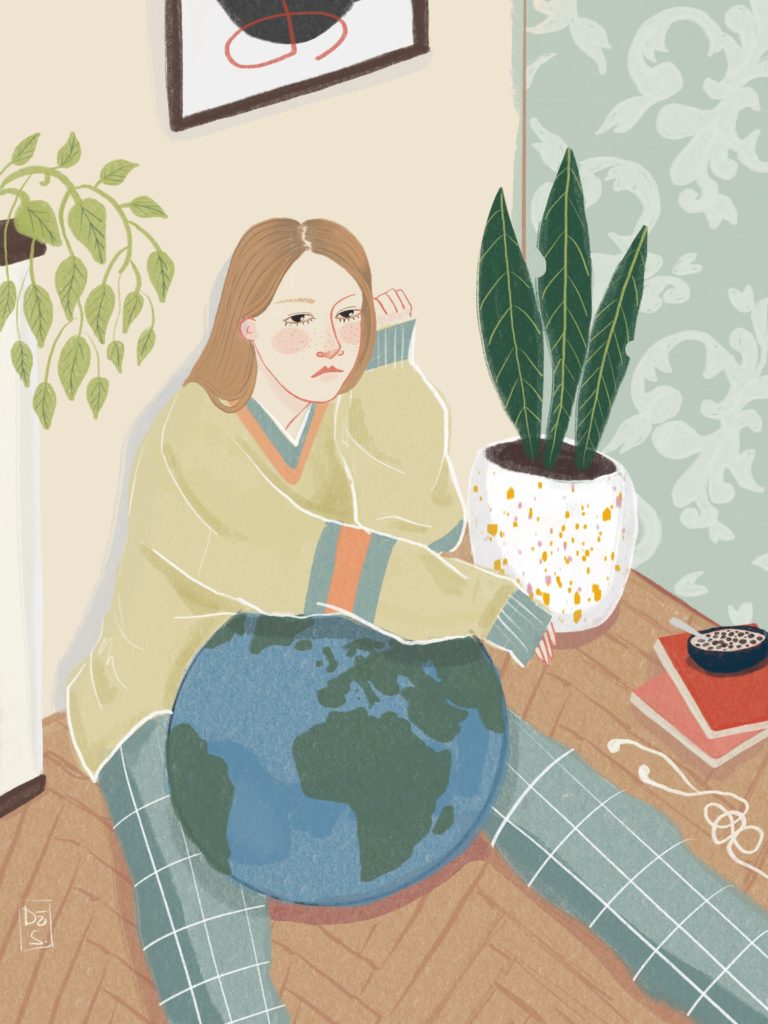
One of the most common rumors about COVID-19 is that there are additives, drugs, or changes in lifestyle that can kill the virus and cure the illness. All of those claims are false. There is currently no cure for the virus, and the only effective treatment is bed rest and plenty of fluids. Any publicity that claims otherwise is false.
Some companies have stated that coronavirus cures health supplements with colloidal silver. Not only is this false, but colloidal silver has serious side effects such as heavy metal poisoning, skin discoloration, and interactions with the drugs. Treatment of any illness or condition is not recommended.
Other common rumors of treatment include taking a hot bath, washing your nose with saline, eating garlic and taking drugs that are not FDA-approved. None of these treatments do work against COVID-19.
Many of those claims to health are in fact illegal. The FDA is currently investigating several companies for selling products that have made false health claims.
2. Refuse to accept any story claiming diets or drugs can prevent COVID-19.
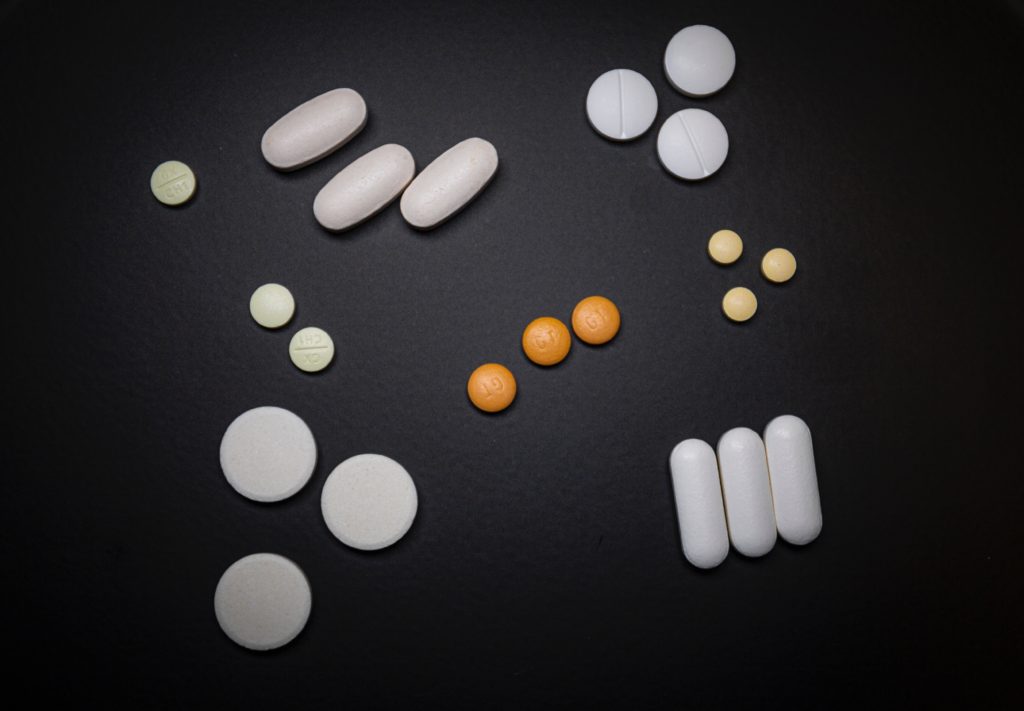
Other than claims that certain substances or treatments can cure COVID-19, there are also a number of claims that the virus may be prevented by similar things. These are also false, and there is no magic way to prevent the virus from developing. Staying home, washing your hands frequently, not touching your face, and wearing a mask if you’re around someone who’s sick is the best way to prevent the virus.
Some of these methods range from harmless to dangerous yet ineffective. Look especially for claims to drink plenty of alcohol, douse your body in bleach, rinse your nose with chlorine, or take illegal or untested drugs to prevent the virus. These are all extremely dangerous and can potentially poison you.
3. Ignore DIY or at-home virus tests.
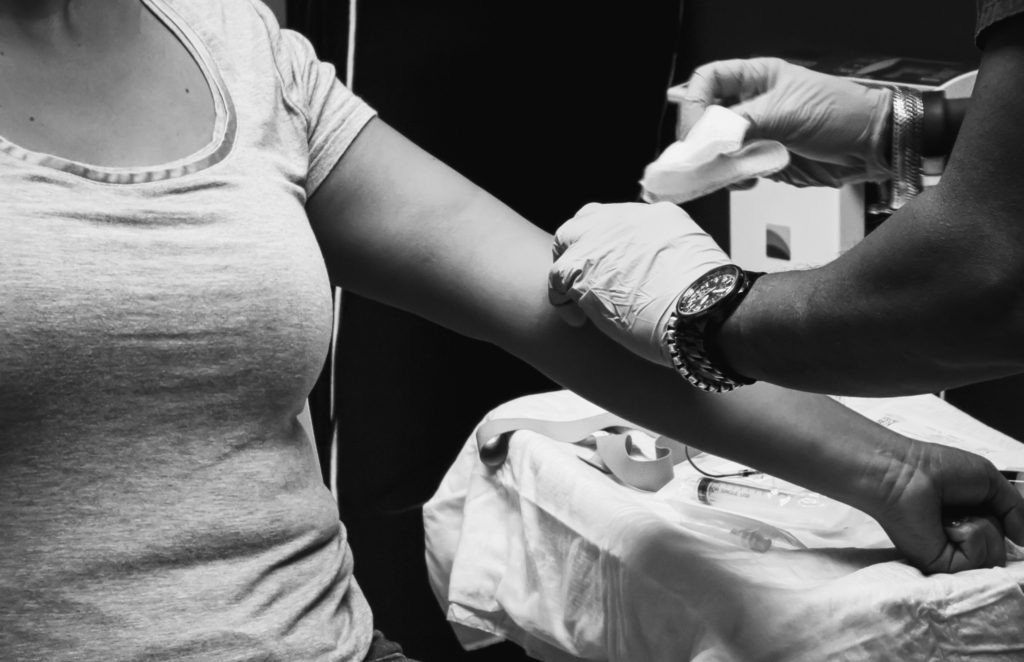
There are no home test kits or COVID-19 methods available. Currently, only an approved healthcare professional test is legitimate. Evite any products or methods that claim to test for the virus with precision.
There is a common rumor that if you are able to hold your breath without wheezing for 10 seconds then you don’t have the virus. This is wrong and does not indicate if you have COVID-19 or not.
Another common scam is that people will contact you in promising at-home virus tests. Hang on to these people, and delete emails. They either try to obtain your information, or they scam you into buying something that will not work.
4. Correct anyone who says race affects their virus risk.

Since COVID-19 originated in China, there is a rumor that the virus is spread or carried by people of Asian descent. This is false, and no matter what race, the virus can infect anyone. There is no reason to avoid anybody from a given race or ethnic group.
- This is a particularly dangerous claim because it has led to discrimination against people of Asian descent and even violence.
- Allegations that coronavirus is safe for black people have been debunked.
- For anyone you come across in public, you should follow social distancing procedures regardless of their race.
5. Know that someone released from quarantine is unable to spread the virus.
People who are exposed to the virus or who come down with it are advised to isolate themselves for 14 days. Testing shows that after 14 days in quarantine, people no longer become contagious. Despite rumors and fears, someone who was in quarantine and did not come down with the virus is not infectious and can not spread it. Anyone recovered from the virus is no longer contagious, either. There’s no reason to avoid them.
- Anyone released from quarantine should still follow all procedures for hygiene and social distancing. Completing quarantine does not mean you will not be able to get the virus.
- It is still uncertain how long someone who has the virus will be immune for, but for life they will not be immune. Even if you have the virus and have recovered, follow all the social distancing and hygiene procedures that are recommended.
6. Stay away from superstitions on coronavirus cause.
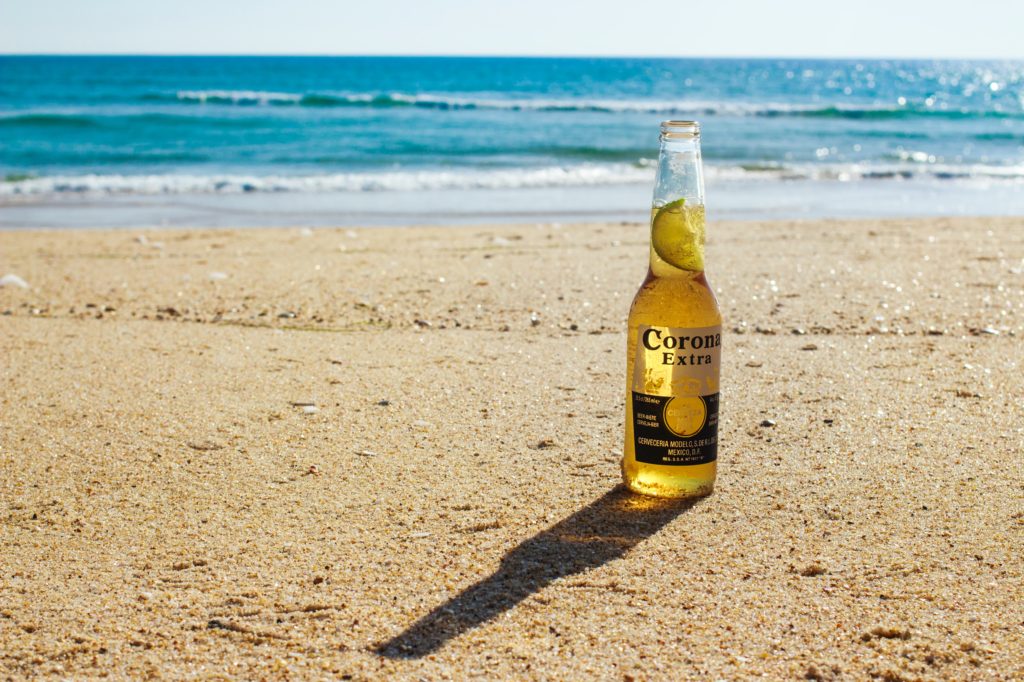
Coronavirus (i.e., parasite) is a type of virus. It is spread from host to host via contact or droplets (like from a sneeze). You need to worry about germs and not about food or scientific advances. Here are some superstitions concerning what causes coronavirus:
- 5G exposure: Narrow-band radiation is harmful to people because it is so small that it can dislodge electrons and break molecular bonds, causing atoms and molecules to decay. But widespread waves are too gentle to do harm. People on ocean cruises have also fallen ill from coronavirus, even though those cruises don’t have 5G.
- Evil experiments in the laboratory: Researchers studying the disease found it evolved naturally. It is similar to other already-existing viruses. Experts believe it has spread to us either from bats or from pangolins.
- Corona beer: This is a coincidence with the name. Sober people can get sick too.
Protect yourself from rumors
1. Learn about the virus from trusted sources.

New rumors are popping up all the time, so you can not learn about each one individually. By educating yourself on the virus from credible outlets, the safest way to stay ahead of rumours. So you will be equipped to assess new information based on what you already know. The following databases provide accurate data on the virus:
- Centers for Disease Control
- World Health Organization
- National Institutes of Health
- Mayo Clinic
- Harvard Medical School
- Johns Hopkins University
- City and state government websites typically receive their information from the CDC or WHO, and their information is generally trustworthy, too.
2. Judge new information from reputable sources, based on what you know.
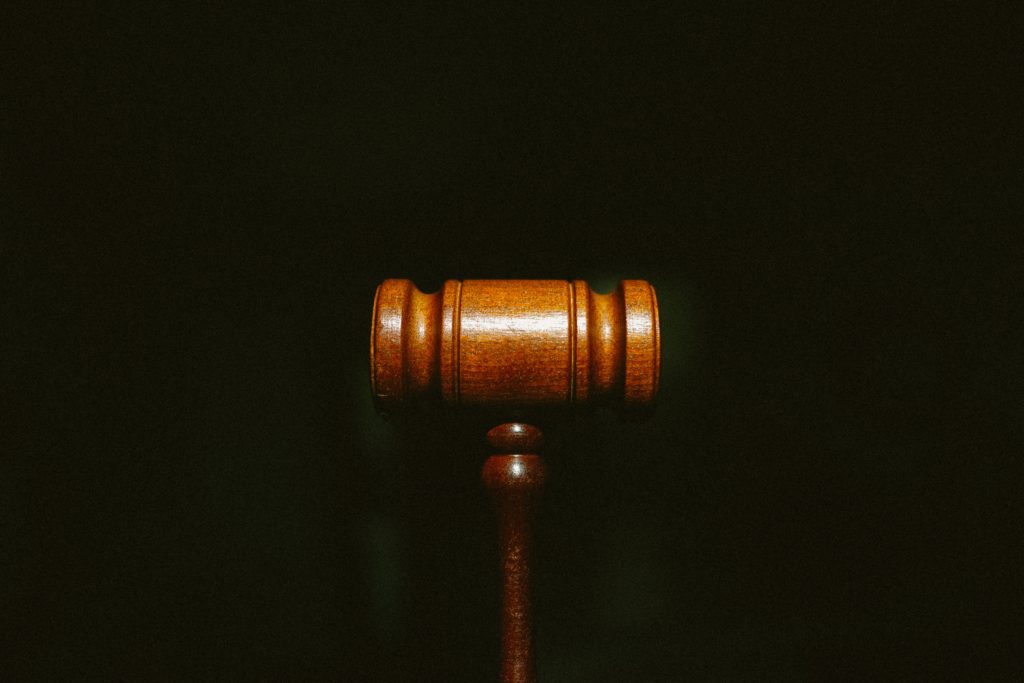
You may not have the time or the chance to examine every COVID-19 argument you hear. However, you ‘re well prepared to spot myths and false facts when you’ve been educating yourself on the virus from credible outlets. To test and refute theories about the virus, using the technical knowledge you have obtained from credible sources.
You might read a Facebook message , for example, that a new vitamin supplement destroys the COVID-19 virus. You know from the CDC though, that there are no cures for the disease. This means that before even looking up the supplement you can already consider this a false rumor.
The exception here is if the information is posted by a credible source such as the CDC website. This has already been checked and tested and if it contradicts knowledge that you already learned, you can trust it.
3. Consult a COVID-19 mythbuster page of the World Health Organization.
False claims and rumors about COIVD-19 are so prevalent that the WHO has launched a website to disprove those rumors. The page gets periodic updates as the WHO learns about the spread of new rumors. If you hear something and are not sure if it is true, try to check the mythbuster page of WHO.
4. Fact-check a verified source of any news reports.

The latest COVID-19 reports are also published by news organisations. This can also spread rumors if they don’t test their details properly first. Seek to check the facts from a reliable source like the CDC when you hear something on the news that seems suspicious. If the information can be confirmed, then it is trustworthy, If not, then don’t believe it until it is confirmed by a reliable source.
5. Check the outlets that quote news stories to see if they are true.

News outlets do not necessarily use to their reports the most credible sources. If a story is citing a source, try validating that source. To see if this information comes from a reliable source like the CDC or a medical site, click on any of the cited source links. Unless the source is not a health agency or database that has been checked, then the information is unreliable. The entire article might not be reliable because it cites unverified health facts.
If good news articles are accessible online they can connect directly to their sources. If a report does not refer to any sources they cite, then this is a bad sign.
Pages examined or written directly by a doctor or the best of them. Other stories might interview and quote a doctor, which is a positive sign, too.
Websites ending in .gov and .edu are better suited for accurate coronavirus information. Some ending up in.org, such as mayoclinic.org, are also excellent sources. Pages ending at.com are commercial sites not generally testing their stories.
6. Investigate whatever you read on social media.
Social media helps spread the fake news much faster than in the past. If you see someone writing about something on social media, you should instantly be suspicious. Anyone can post on social media without having their facts verified. Before you believe anything that does not come from a verified source like the CDC, look carefully into it. See which sources they are quoting and whether those sources are correctly interpreted. If the details can’t be checked then don’t believe it.
7. If you’re overwhelmed, take a break from news, or social media.

During a pandemic, lots of frightening, true and untrue information can circulate. Often it helps get away from all this and do something at home that calms you down.
If you want to be busy, try cleaning, work on a project, learn something new, get exercise, talk to someone you trust about your feelings, or do something sweet for a loved one.
Consider taking a break for a few days or a week from social media, if you find it too upsetting. If you think you might have the urge to search, consider making the apps more difficult to access or asking a loved one to change your password temporarily.
8. Do not spread any news you can’t verify.
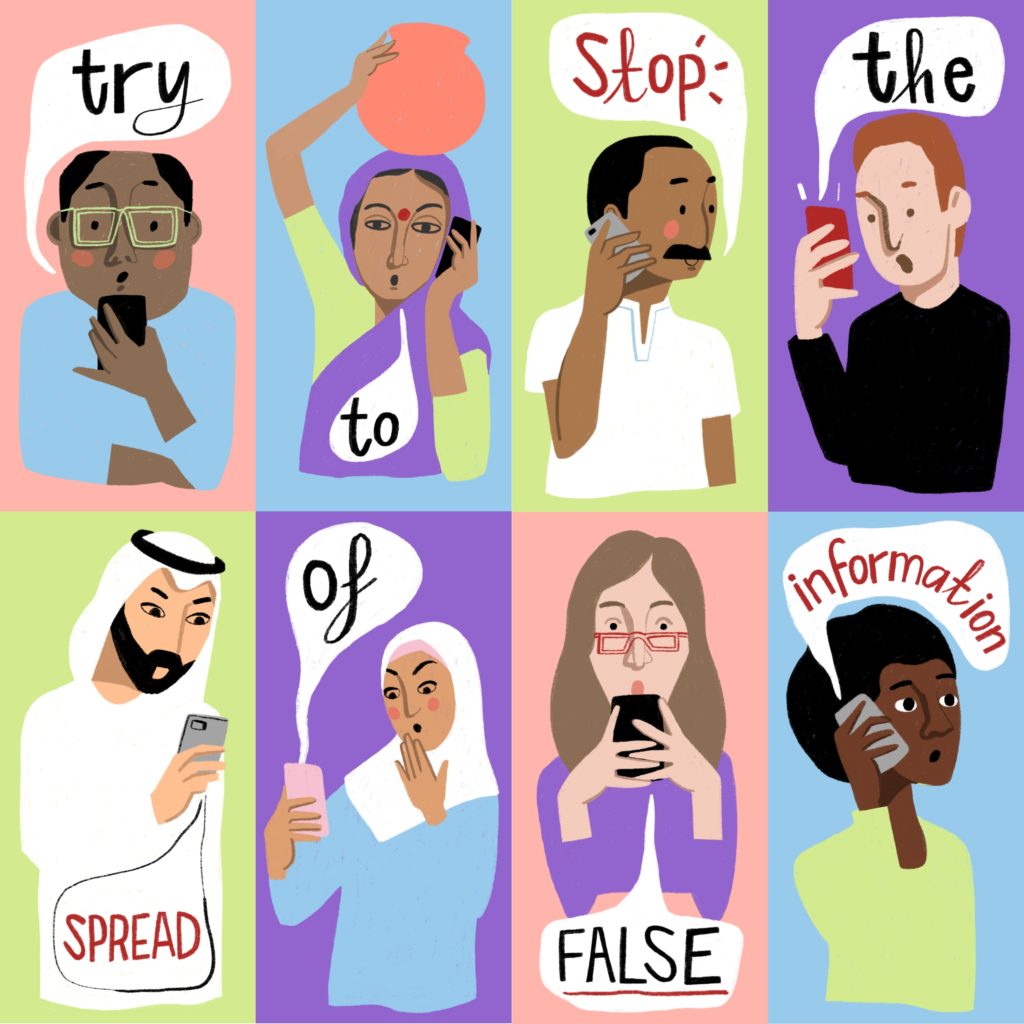
Social media makes it much easier to spread fake rumors. People share stories without checking them out which then spreads the rumor. Do your part before you post it, by testing everything. If you are unable to prove anything is true, then remain safe and do not post it.
Try encouraging your friends or followers to do likewise. Together will keep people from getting harmed by false rumors.
If someone is telling a false story, be respectful, and tell them it isn’t true.
Disclaimer
The content provided in this blog is for informational purposes only. The owner of this blog makes no representations as to the accuracy or the completeness of any information of this site or found by following any link on this site. The owner will not be liable for any errors or omissions in this information nor for the availability of this information. The owner will not be liable for any losses, injuries or any damages from the display or use of this information.

